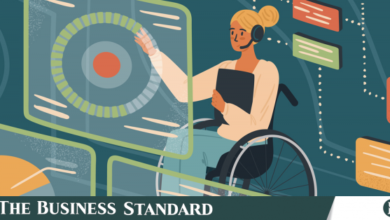Ethics of artificial intelligence and the law on Mid-South Conference agenda


FAYETTEVILLE, Ark. — Artificial intelligence has made the leap from science fiction to everyday use, but what are the ethical ramifications of AI in legal applications?
Merriam Webster defines artificial intelligence as “the capability of computer systems or algorithms to imitate intelligent human behavior.” These abilities have the potential to benefit the legal industry.
“AI is, today, already a part of the legal profession and appears to be here to stay,” said Ellen Murphy, professor of practice at Wake Forest University School of Law. “To be successful, attorneys will need to be equipped to navigate the new and exciting waters of this technology and the ethical issues that come with it.”
Murphy will be taking on this topic at the 11th Annual Mid-South Agricultural and Environmental Law Conference, to be held June 6-7 at the University of Memphis Cecil C. Humphreys School of Law.
During her session, “Artificial Intelligence in Law Practice: Navigating the Ethical Landscape,” Murphy will discuss the various ways artificial intelligence can be used in an ethical manner to improve the agricultural law industry and those it affects.
The Mid-South Agricultural and Environmental Law Conference will be held in Memphis, Tennessee at the University of Memphis Cecil C. Humphrey School of Law. The conference will also be livestreamed to provide an option for virtual participation. Registration, agenda and more information is available online.
The use of artificial intelligence is here to stay. According to Market Splash, 75 percent of legal professionals believe that the technology will have a substantial and positive impact on the industry.
“Artificial intelligence may seem a bit more like a George Jetson cartoon than modern-day law practice, but this technology is rapidly growing in the legal profession, regardless of whether we’re talking about a solo practitioner in a rural area or an attorney in large firm,” NALC Director Harrison Pittman said. “The ethical implications of this technology are as significant as its promise and pitfalls. Ellen is a nationally recognized expert in this area, and we are extraordinarily grateful that she will join us in Memphis for this year’s conference.”


